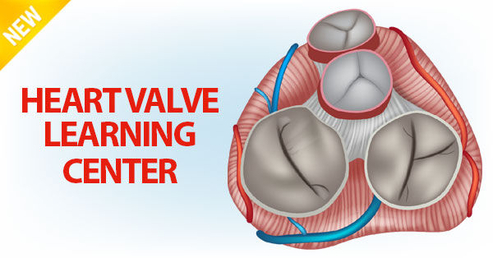Simon's Journal
Aortic Stenosis, Joined May 21, 2025
Aortic Stenosis
Joined May 21, 2025
-
 I am from: Adelaide, Australia
I am from: Adelaide, Australia


Aortic Stenosis, Joined May 21, 2025
Aortic Stenosis
Joined May 21, 2025






Alan Jamieson
Aortic Stenosis
February 18, 2026

Deb DePew
Aortic Stenosis
February 18, 2026

Karen Warren
Aortic Stenosis
February 19, 2026
Dr. Luis Castro is a world-renowned cardiac surgeon that has performed over 5,000 heart valve operations that include minimally-invasive techniques.
I’m preparing for open heart surgery (bentall procedure), most likely next year and I’d really appreciate hearing from those of you who’ve ...Read more
I’m preparing for open heart surgery (bentall procedure), most likely next year and I’d really appreciate hearing from those of you who’ve been through it. I’m trying to understand not just the medical side, but the day-to-day experience—what surprised you, what helped you cope, and anything you wish you had known beforehand.
If you could do it all over again, is there anything you would have done differently or prepared for in advance? Even small tips or insights about recovery, pain management, emotional coping, or hospital logistics would be incredibly valuable.
Thanks so much for sharing your experiences—I know this kind of insight can make a big difference for someone going through it.
I agree with other posts about finding somebody who does it all the time. It's worth knowing that not just the surgeon herself, but all the nurses, have seen every possible permutation/ complication, and probably within the last month.
This site has also been great, as you have mentioned it’s powerful when you can connect with others who have actually been down this road already. What I’ve been doing, is taking time to meet key people as it helps me build trust in those that will be caring for me. Eg I’ve now seen 3 surgeons and have found one I’m comfortable with. I plan to meet an anaesthetist next year as I want to understand my options around sedation in ICU, I struggle when I don’t feel I have control of my memory so I’m interested in lighter sedation. I’m also looking into prehab, where apparently I might be able to see the ICU, meet the ICU manager as well as the physio before surgery. The idea of meeting staff before surgery just makes me feel more comfortable as without this I’d literally be handing over my body and life to people I don’t know,
im trying to keep fit as I want to go into it as healthy as possible. I’m not sure about anything I should change at home to make recovery easier, any ideas would be great.
Pre-hab is also a great idea, would be interesting if Dr Gerdisch has any tips to share..